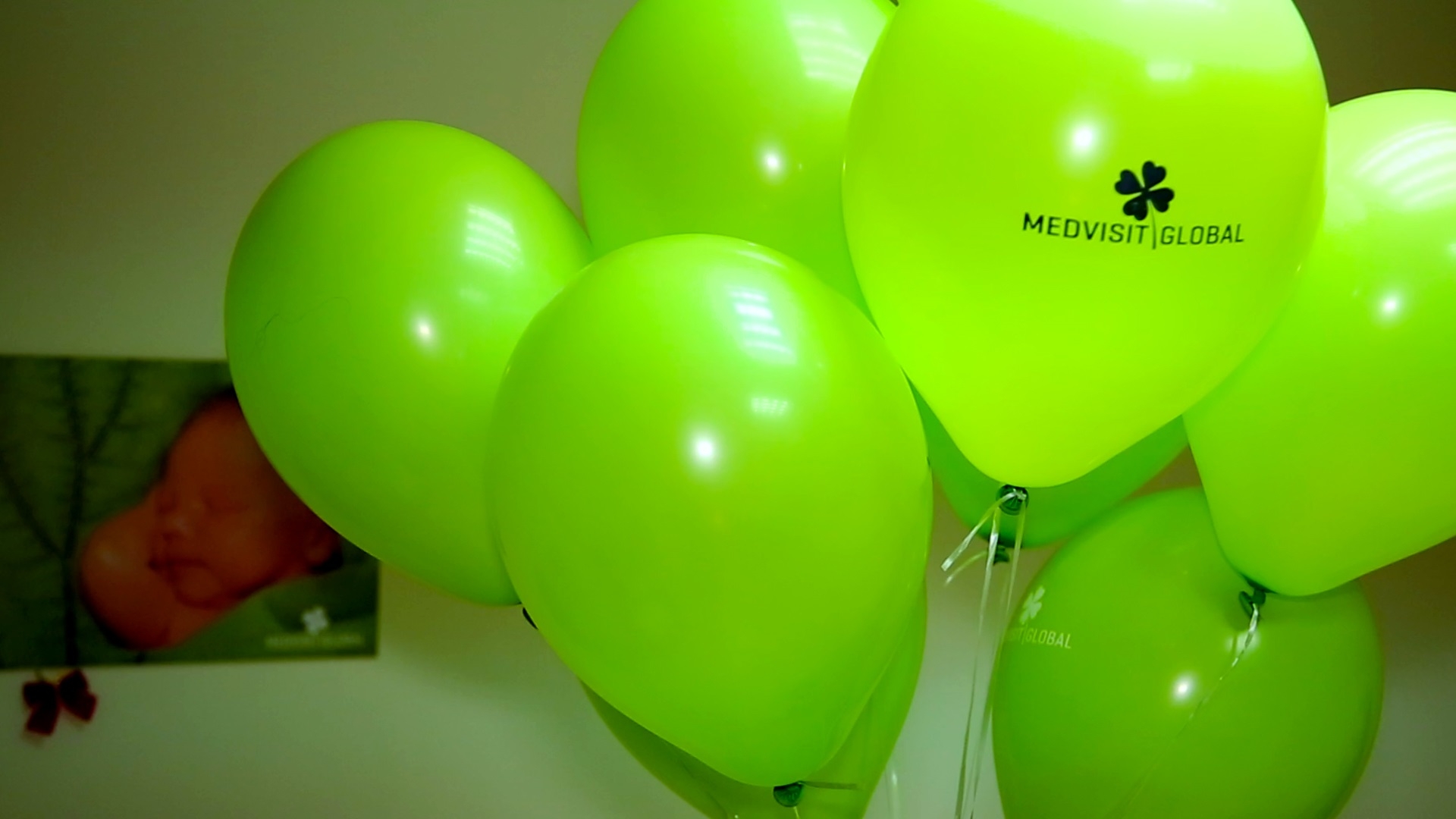Pregnancy in the time of COVID-19
Q. What effect does coronavirus have on pregnant women?
Generally, pregnant women do not appear to be more likely to be seriously unwell than other healthy adults if they develop the new coronavirus. It is expected the large majority of pregnant women will experience only mild or moderate cold/flu like symptoms. Cough, fever, shortness of breath, headache and loss of sense of smell are other relevant symptoms.
More severe symptoms such as pneumonia, seem to be more common in older people, those with weakened immune systems or long-term conditions. As yet, there is no evidence that pregnant women who get this infection are more at risk of serious complications than any other healthy individuals.
Q. What effect will coronavirus have on my baby if I am diagnosed with the infection?
There is no evidence to suggest an increased risk of miscarriage.
Emerging evidence suggests that transmission from a woman to her baby during pregnancy or birth (vertical transmission) is probable. There has been a report of two cases in which this seems likely, but reassuringly the babies were both discharged from hospital and are well. In all previously reported cases worldwide, infection was found at least 30 hours after birth. It is important to emphasise that in all reported cases of newborn babies developing coronavirus very soon after birth, the baby was well.
Given current evidence, it is considered unlikely that if you have the virus it would cause problems with your baby’s development, and none have been observed currently.
Q. I am pregnant, what do I need to do?
As a precaution, you should follow government advice about social distancing, stay away from public places and avoid anyone who has symptoms suggestive of coronavirus. It is still considered necessary for pregnant women to go out for essentials, such as food shopping, exercise and to attend antenatal appointments.
If you are in your third trimester (more than 28 weeks pregnant) you should be particularly attentive to social distancing and minimising any contact with others.
Q. After the birth, is there any increased risk to me or my baby?
There is no evidence that women who have recently had a baby and are otherwise well are at increased risk of contracting coronavirus or of becoming seriously unwell. A recently pregnant woman’s immune system is regarded as normal unless she has other forms of infection or underlying illness. You should however remain well-nourished with a balanced diet, take mild exercise as you feel fit and ensure social distancing guidance is followed. Children, including newborns, do not appear to be at high risk of becoming seriously unwell with the virus. However, close observation of hygiene, as always, is important and particularly with family members resident in the house. Anyone who enters the home should take standard hygiene precautions, including washing their hands, and be careful about handling your baby if they have symptoms of any illness including the coronavirus.
It is important that your baby is feeding well and gaining weight and if you have any concerns please contact your midwife. Once restrictions are lifted we would caution against large family gatherings to celebrate your baby’s arrival until more is known about the spread of the virus in the community.
Do not put off seeking medical advice if you have concerns about your baby’s health during the pandemic. Seek medical advice if your baby has a fever, lethargy, irritability, poor feeding, or any other symptoms you may have concerns about.
Source: Royal College of Obstetricians and Gynaecologists [https://www.rcog.org.uk/en/guidelines-research-services/guidelines/coronavirus-pregnancy/covid-19-virus-infection-and-pregnancy/#general]
.png)
